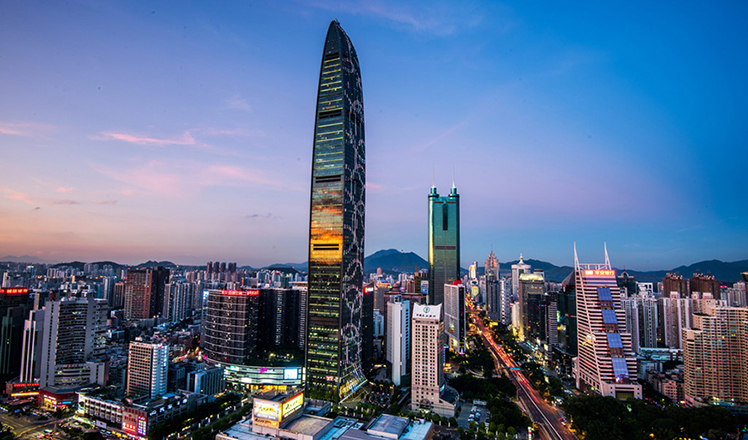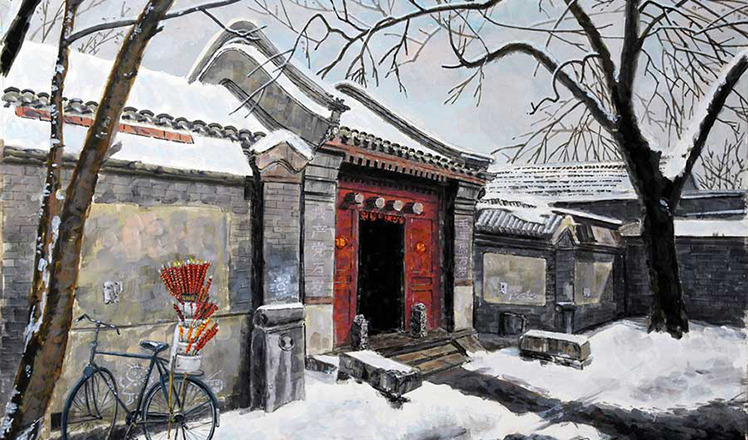Abe's visit spells trouble
Updated: 2012-10-18 08:07
(China Daily)
|
||||||||
Shinzo Abe, the leader of Japan's Liberal Democratic Party, should well know that he should shun the Yasukuni Shrine, because it is a place where Japanese Class-A war criminals are honored.
Days after he took office as prime minister in 2006, he visited Beijing to mend Japan's ties with China, which had soured for 17 months because of his hawkish predecessor Junichiro Koizumi's annual visits to the shrine.
But, to curry favor with fellow conservatives and nationalistic voters, he repeated Koizumi's errors by paying homage at the shrine on Wednesday.
And if Japan gives Abe a second opportunity to run the country later this year, we can expect that he will do worse than visit the Yasukuni Shrine.
Although Japan's conservative nationalists fundamentally resent their country's security alliance with the United States, because of its subordinate status, Japan can indulge in its belligerent attempts to regain a leading role in the region because it has the US behind it. So their nationalism takes the form of historical revisionism. By denying the country's war crimes and seeking revision to its pacifist constitution, this historical revisionism has fatally impaired Japan's leadership credentials in Asia.
Whether it is the LDP alone, or as part of a coalition, an Abe-led administration would undoubtedly spell trouble for relations between Japan and its neighbors.
If the LDP fails to win an outright majority, it could attempt to form a coalition that would take Japan even further to the right. Abe is known to admire Toru Hashimoto, the mayor of Osaka, who has formed a right-wing political party that will run in the next general election.
Abe has said he wants to water down a 1995 statement by Prime Minister Tomiichi Murayama, apologizing for Japan's wartime aggression, and to withdraw a 1993 apology for its use of Korean and other Asian women as sex slaves before and during World War II.
Japan has kept apologizing for Imperial Japan's abuse of American prisoners of war, but the so-called comfort women and other victims in Asia are still waiting for the Japanese government to offer them a sincere apology.
Sincere apologies would help Japan gain the goodwill of its neighbors; visits to the Yasukuni Shrine do the opposite.
(China Daily 10/18/2012 page8)

 8 good books from London Book Fair you can't miss
8 good books from London Book Fair you can't miss
 Kobe Bryant's accomplishments by the numbers
Kobe Bryant's accomplishments by the numbers
 Top 10 Chinese cities with biggest surge in home prices
Top 10 Chinese cities with biggest surge in home prices
 Beijing Hutongs revived in watercolors
Beijing Hutongs revived in watercolors
 China's couple lose same-sex marriage case
China's couple lose same-sex marriage case
 Thank you Kobe, say Chinese fans in countdown to retirement
Thank you Kobe, say Chinese fans in countdown to retirement
 3D printers from China at New York show
3D printers from China at New York show
 UN takes historic step to open selection of new UN chief
UN takes historic step to open selection of new UN chief
Most Viewed
Editor's Picks

|

|

|

|

|

|
Today's Top News
Duke alumni visit Chinese Embassy
Marriott unlikely to top Anbang offer for Starwood: Observers
Chinese biopharma debuts on Nasdaq
What ends Jeb Bush's White House hopes
Investigation for Nicolas's campaign
Will US-ASEAN meeting be good for region?
Accentuate the positive in Sino-US relations
Dangerous games on peninsula will have no winner
US Weekly

|

|








